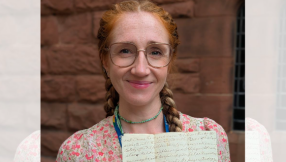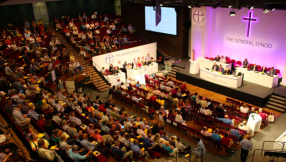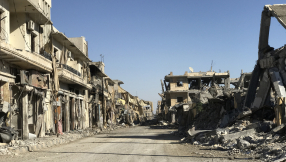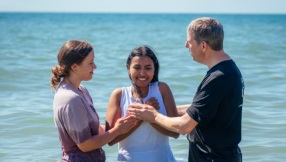N.Korea tightens border crossers crackdown
Hermit North Korea controls its population by shutting them off from the world, keeping them in fear through arbitrary and unlawful killings and running a network of political prisons to suppress dissent, the State Department said in a human rights report released on Tuesday.
The North once sentenced those trying to cross the border in search of food to a few months in a labour camp or simply gave them warnings, "but during the year several sources indicated that the DPRK (North Korea) reversed this more lenient policy," the report said.
Now it sentences the would-be refugees to several years in political prison camps, criticised by a number of governments that say torture is frequent and many prisoners face a high possibility of death due to the brutal conditions.
"It is a part of their overall policy to try and regain control," Kay Seok, a North Korea researcher in Seoul with Human Rights Watch, said in an interview.
Aid groups said hundreds of thousands of North Koreans may have fled during a famine in the late 1990s which killed at least 1 million in a country of about 23 million.
Facing a crisis, the North relaxed its border-crossing punishments for those in search of basic sustenance in about 2000, Human Rights Watch said.
"North Korea probably figured out they were creating internal enemies by harshly punishing people who simply left for food," Seok said.
North Korea warned of tougher penalties in 2004 after South Korea angered the state by airlifting into the South several hundred North Korean refugees who fled to Vietnam.
Defectors interviewed over the past year confirmed the changes have been implemented, Seok said.
The North has also stepped up border patrols in the past year, she quoted defectors as saying.
North Koreans trying to flee typically cross a narrow river from a northeastern province into China. The number is highest in June and July when the river is at its narrowest, and December and January when it is frozen over, aid groups said.
About 1,000 a year eventually find passage to the South, where they are almost always given citizenship.
The government of new South Korean President Lee Myung-bak has called on the prickly neighbour to improve its human rights record, leading to a heated rebuke from Pyongyang, which said in its official media such comments were an attack on its "dignity and lifeblood".













